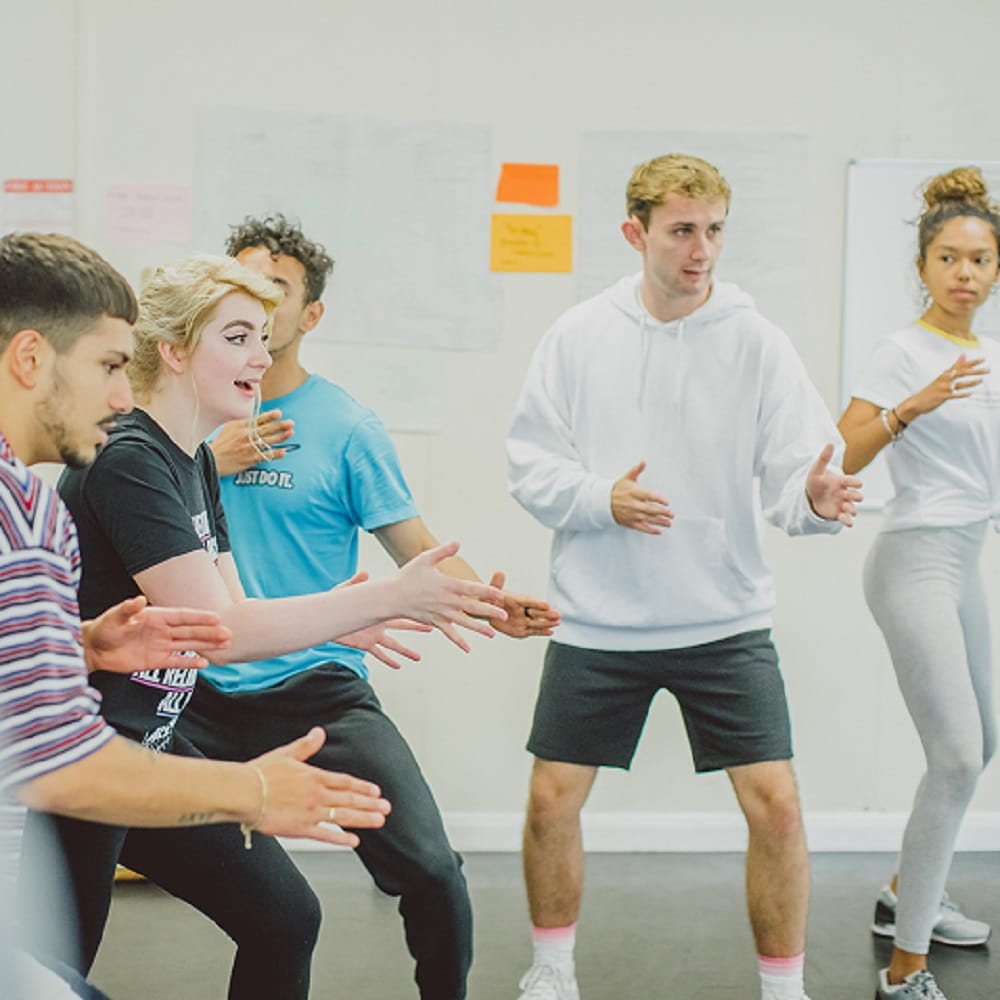Specialist facilities
Our Loughton Campus is perfectly located, providing access to both the rich, cultural diversity of London and an attractive and peaceful setting in which to study.
We are just a five-minute walk from London Underground station, Debden, where you can travel in only thirty minutes to Central London, West End theatres and mainline train stations including the Eurostar.
We have three sites at our Loughton Campus – Hatfields, Roding House and Unit Four. Hatfields is a beautiful Georgian dower house, set in five acres of lawns with orchards, flowerbeds and a small lake, providing an idyllic atmosphere for study, relaxation and performance.
Just a short walk from Hatfields is Roding House, a £1.3 million facility containing 10 rehearsal rooms, a green room/café, a sound recording studio and a video editing suite, and our costume department.
Next to Roding House, Unit Four is a £1.5 million facility which is home to the Stage & Production Management department. The Unit contains a large workshop, paint shop, prop shop, prop storage facilities and teaching spaces.
Our on-site Corbett Theatre is named in honour of Harry H Corbett, a key member of Joan Littlewood's Theatre Workshop and early benefactor of East 15. It is used extensively for student productions and is a practical training hub for our BA Stage and Production Management students.
The building is a medieval tithe barn that was dismantled and transported to Hatfields in the 1960s. These unusual origins create a unique performance space with a special atmosphere. Renovated to include full technical facilities, tiered seating for 130 people and fitted dressing rooms, the theatre provides an excellent resource for public productions, while the adjacent Bar and Café provides a social meeting point for students and staff.







